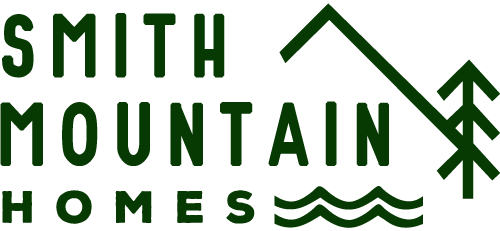For many at Smith Mountain Lake, allergy season is in full swing right now. Unfortunately, most allergy sufferers don’t realize that there are things besides over-the-counter and prescription drugs that have dramatically improved allergy symptoms in many people.
If I had to choose only one nutrient to take for allergies, I would take Vitamin C. Vitamin C has been used successfully for so many illnesses in my family, it would take a book just to list them. We use it for colds, fevers, flu, infected wounds, pet health, and many other things. For allergies it acts as a mild antihistamine, cutting symptoms drastically without side effects (other than when you take more than your body can absorb at one time, it will loosen your bowels). I take 1,000 to 3,000 mg. daily depending on the severity of symptoms. Several studies have shown that high levels of vitamin C help reduce histamine release from mast cells (which release brings on allergic reactions) and also makes histamine break down faster once it has been released. Studies have also shown that vitamin C deficiency alone can cause blood levels of histamine to be very high.
Equally powerful against allergies is Quercetin, a derivative of the better-known bioflavonoid rutin. This nutrient helps to provide plants that produce it with antioxidant protection against environmental stresses. In our bodies it is believed that quercetin tends to stabilize mast cell membranes, preventing them from putting out their inflammatory, allergy-causing histamines into the surrounding blood and tissue. If there is no discharge of these potent inflammatory chemicals, the familiar misery of allergies will not occur, even though you’ve been exposed to pollen, animal dander, or whatever normally triggers your allergy attacks.

I give my family quercetin at the first sign of an allergy. We take 500mg three times a day, for the first 5-7 days, sometimes getting relief in the first couple of hours. Then only 200-400 mg a day through the rest of the allergy season. Quercetin appears to have other health benefits as well, such as strengthening capillaries, antioxidant and anti-inflammatory effects. If you eat lots of garlic, green tea, or onions, you are getting a fair dose of quercetin in those foods and may notice fewer allergy symptoms when you do.
Last but not least we use bromelain, an enzyme derived from the stem of the pineapple plant. This enzyme increases the absorption of quercetin as well as other beneficial flavonoids. It also helps to block inflammatory pathways and decrease mucus in the lungs. A side benefit I have discovered is that bromelain often aids in digestion as well as swelling or inflammation if I have overtaxed some part of my body or a little arthritis has cropped up.
In health food stores you can often find these three nutrients in one pill. So if you have struggled with allergies, at least now you are aware of some alternatives many have used with success.

